Last week I posed the puzzle that moderate Syrian Sunnis living in urban areas close to the Mediterranean might be the biggest losers in Syria’s war. Was it possible, I asked, that these urban Sunnis were in a lose-lose situation? On the one hand if the rebels win, these moderates would be subjected to a government pursuing a radical form of Islam not in their personal interest. On the other hand, if the Alawites maintained control, they could then be grouped with the Sunni majority that had taken up arms against the government and be targeted for reprisals.

A week has gone by and the answer now seems clear. Moderate, urban Sunnis are not screwed. In fact, in some ways they are in an enviable position. War has revealed that they occupy a critical position in determining the outcome of the conflict and if anything, their value and bargaining power has only increased. Taylor Marvin explains this dynamic quite well:
“While contested by the rebels, large cities like Damascus, Homs, and Hama all lie within the western strip held by the regime, which is centered on the country’s smaller Alawite-dominated heartland. A large-scale rebellion by this region’s Sunnis would be disastrous for the regime, depriving it of its base, threatening its Alawite backers, and eating up military resources that could otherwise be employed in the hinterland and central Euphrates valley that for the most part is held by the rebels. If the regime loses control of this region its ability to eventually win the war…would be case into much greater doubt.”
What this means is that moderate, urban Sunnis along the Mediterranean will determine who wins the war. They are the valuable power-brokers of the conflict. If the Alawites eventually win the war (and it appears as if they might) the minority Assad regime will owe its victory to these moderate, urban Sunnis. Targeting them with reprisals or anything less than generous treatment risks sending them into the arms of their Sunni brethren, and risking another war. My guess is that both the Alawite elites and the Sunni moderates have figured this power relationship out. This suggests that moderate Sunnis are now firmly in the Alawite camp and the Alawite elite are planning to treat them very, very well.

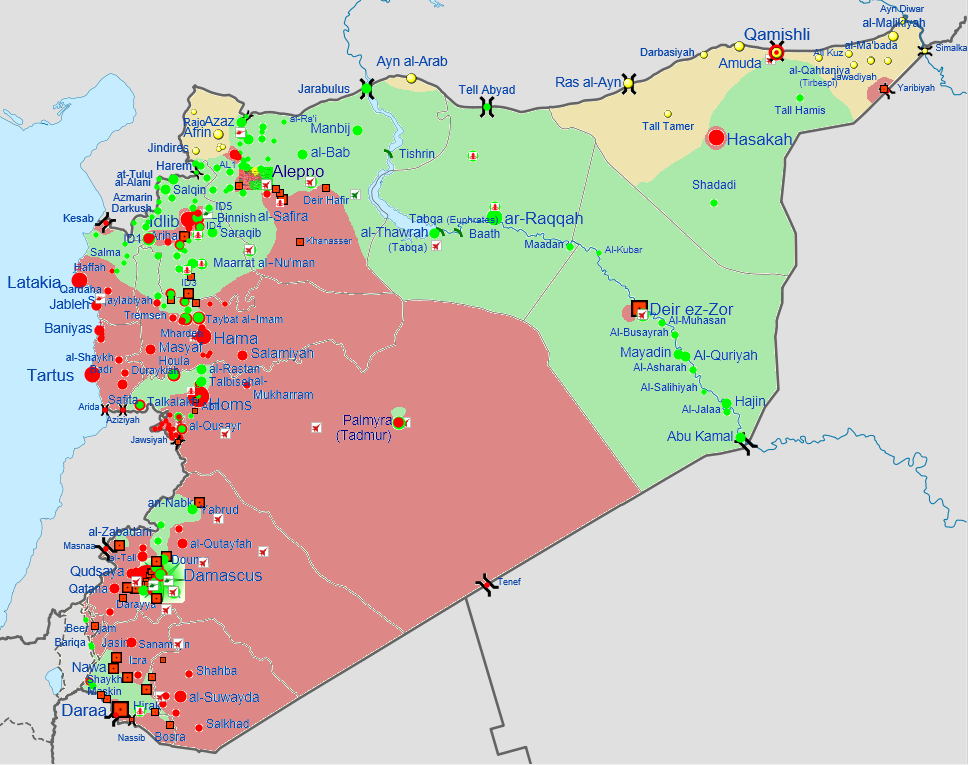
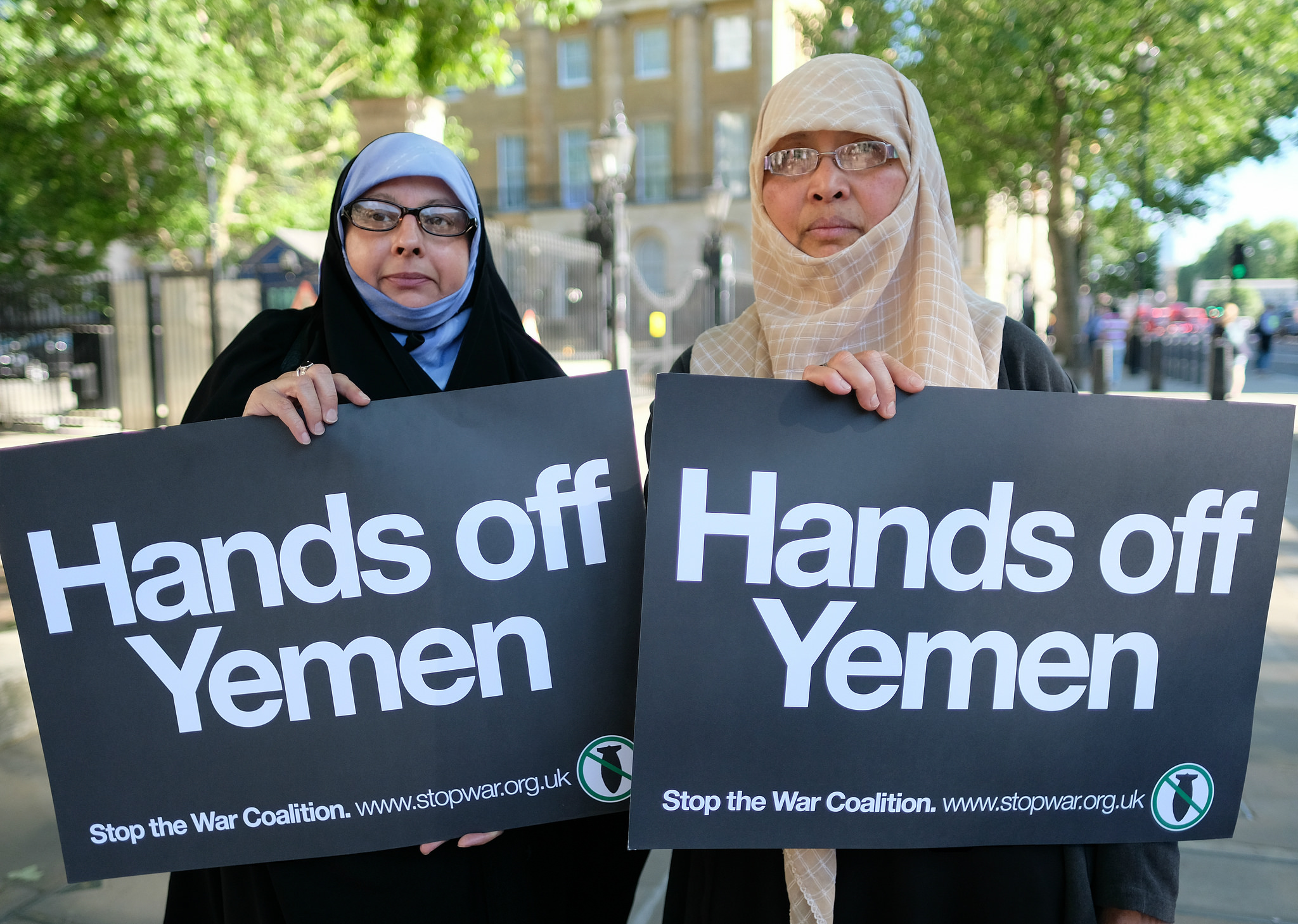
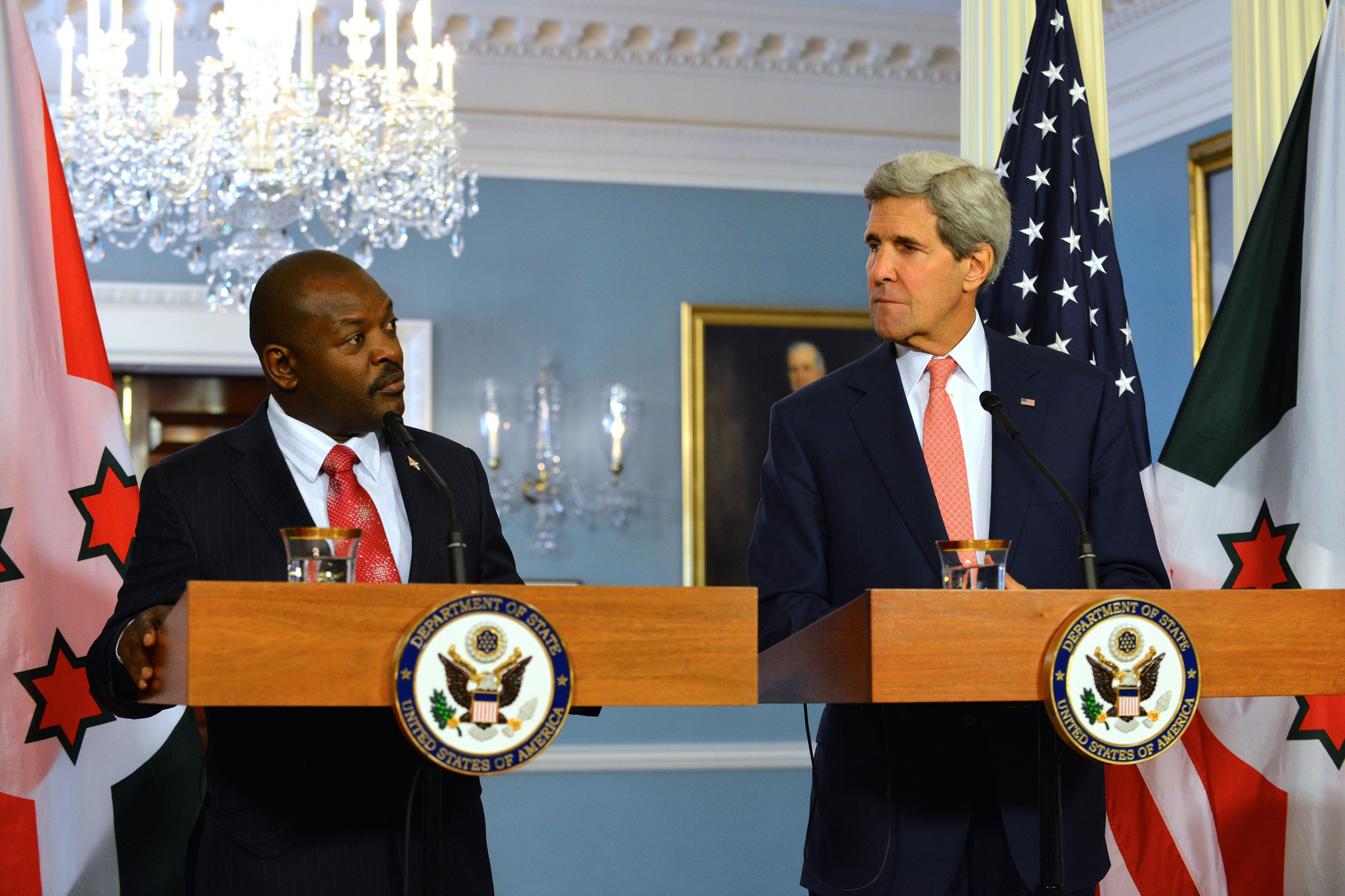

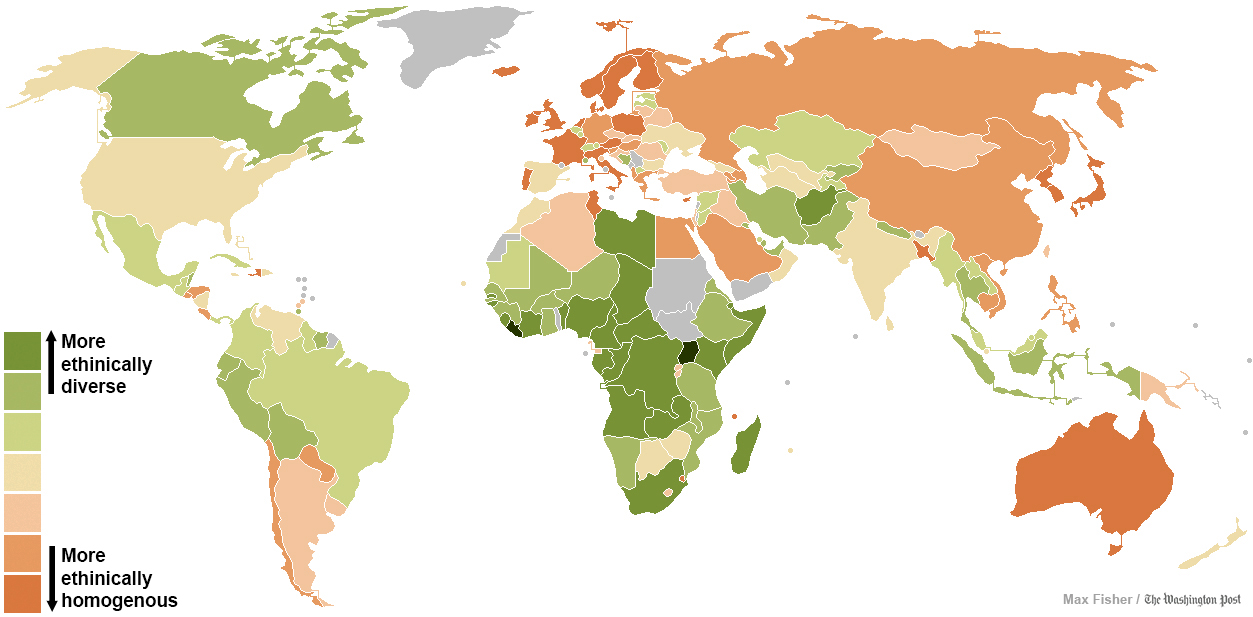
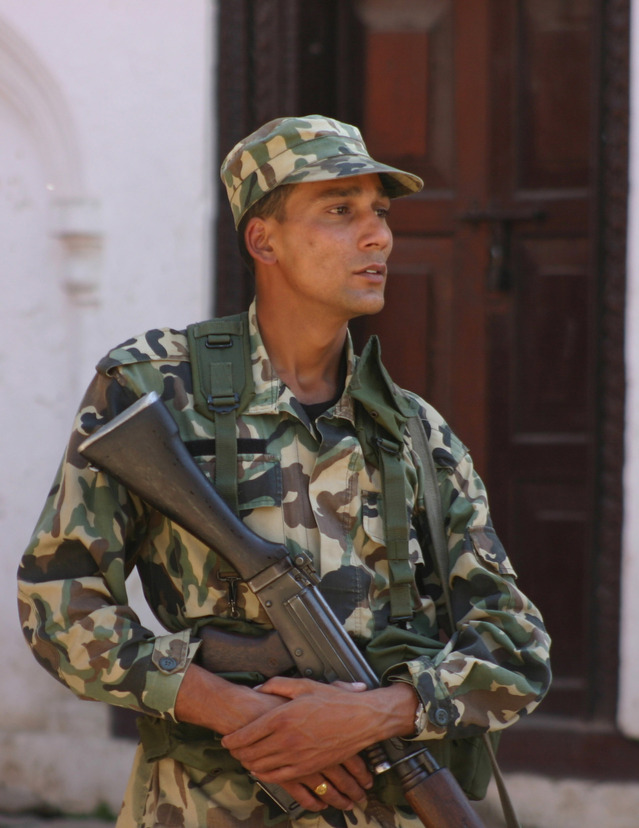
3 comments
Remember that this presumes intelligent behavior in Assad’s government in a post-war Syria. I won’t predict a crackdown on urban Sunni’s (though killings of Sunni’s elsewhere in Syria is very possible) but it seems to me that the only way the urban Sunni’s can really consider themselves safe from government attacks is if they’re either well embedded into the current state or if they destroy it.
I agree. I considered discussing whether the regime has an incentive to not target urban Sunnis for future reprisals in the piece linked to, but elected not to simply because it is unclear to me whether Assad consistently behaves strategically (as I’ve referenced before, I find the reported intelligence that the August 21 chemical attack was a snap decision by Assad credible). But it does seem to me that for the most part the opposition has not managed to secure a “decisive” level of defections, suggesting that many Sunnis see fence-sitting as the “default” position.
More puzzling is whether the regime will be able to retain control over a possible Alawite-dominated western rump state if the war ends in a de facto trifurcation of Syria, as appears one of the possible outcomes of the conflict.